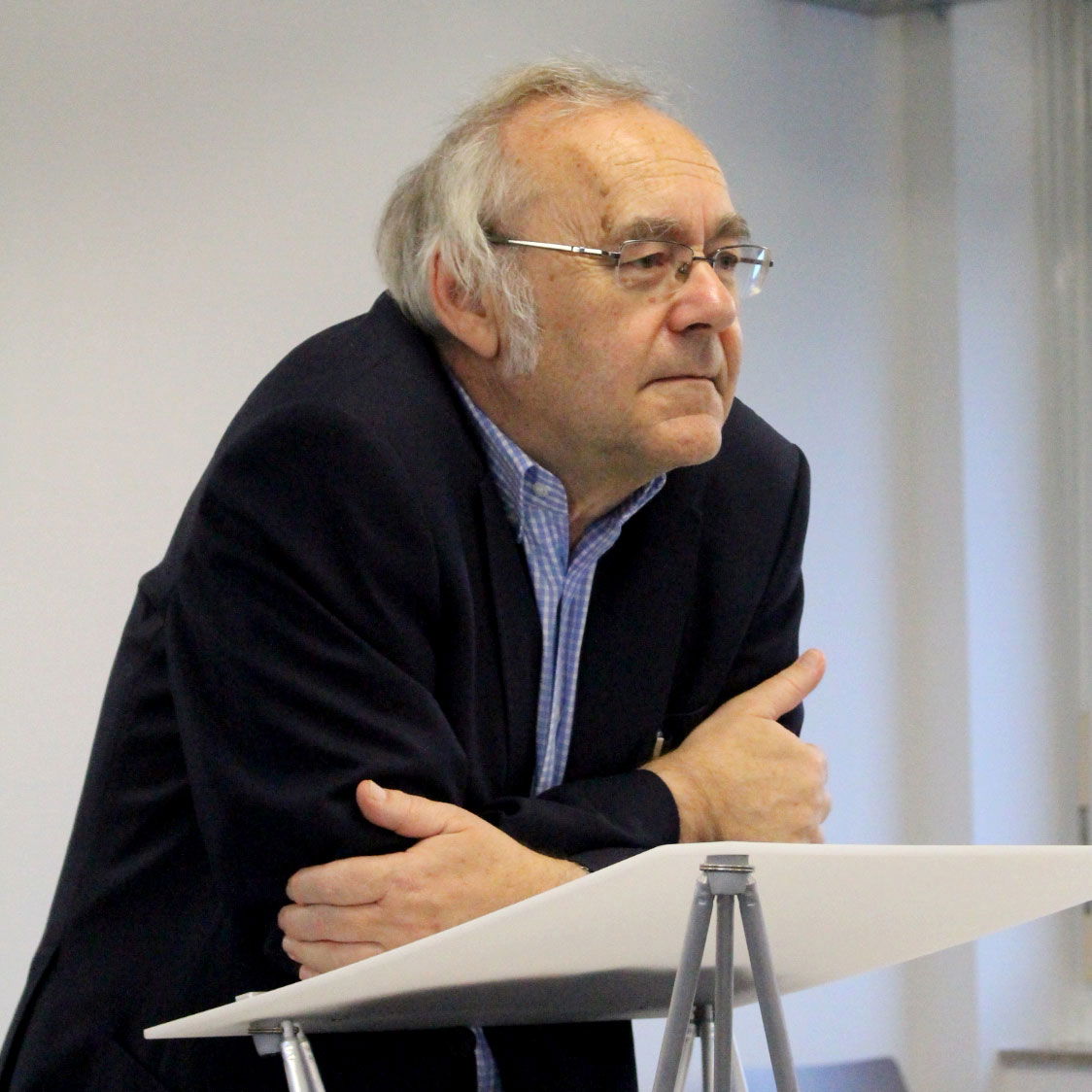The Beyond of Philosophy 1

By Josef Mitterer

Preface
The canon of philosophical problems, especially in epistemology, has changed little since Plato. The problems have outlived the attempts to solve them.
At the beginning of philosophy are not problems but non-problematized presuppositions.
These presuppositions are dichotomous distinctions such as the dichotomies language-world, description-object, statement-object, being-consciousness, and subject-object.
Any attempt to clarify the relationship between the two sides of these dichotomies leads to philosophical problems (the problem of reference, the problem of objectivity, the problem of identity, the problem of the external world, and above all the problem of truth).
The dichotomous distinctions form the dogmatically defined basis of a mode of philosophizing that I shall call Dualistic Philosophizing. The tradition of dualism today remains almost as overwhelming as it was in the past.
Dualistic philosophy varies between naïve realism and radical constructivism according to how the relation between the sides of the dichotomies is determined. All variants presuppose a beyond of discourse that determines the direction of philosophical discourse.
This beyond can be: the independently existing world of the realist or a world of the idealist/constructivist brought forth by the subject of knowledge and its activities alone or along with others, depending on which side of the dichotomous presuppositions we accord epistemic priority.
The central concern of dualistic philosophy—the search for truth and knowledge—remains unaffected. This search or striving can also be defined as a striving for agreement; as the striving for agreement between the two sides of the dichotomies, between the within and the beyond of discourse.
How and to what extent such an agreement can be ascertained is a controversial issue in dualistic philosophy. The answer depends on whether this beyond is assumed to be directly knowable, to be only indirectly knowable, or whether it remains unknowable. In the latter case, recourse is generally made to a “surrogate beyond,” a “world of science,” a “lifeworld,” or some kind of constructed “reality.” Preference is then given, for example, to a correspondence, a coherence, or a consensus theory of truth.
I do not attempt to solve the philosophical problems or to answer questions like “What is there?” or “What can we know?” or “How is knowledge possible?” I am not looking for a way out of the philosophical problems, but for a way into the philosophical problems.
In order to be able to develop this way, I have to problematize the dichotomous presuppositions, which is possible only by including the presuppositions in the discourse. This is done in the context of an approach, of a way of speaking and thinking, that neither presupposes nor produces a reality “distinct from language,” a beyond of discourse. I call this approach “Non-Dualizing Speech.” The Non-Dualizing Speech will be developed in the present study only to the extent necessary to reconstruct the emergence of the dichotomy between language and reality, description and object.
The dichotomous distinctions between language and reality, description and object, between the within and the beyond of discourse, are reconstructed as argumentative positings made in the context of a different way of speaking and arguing that is valid for all varieties of dualistic philosophizing alike. I call this the “Dualizing Speech.”
Taking the example of the relation between description and object, I try to show when, how, and why the dualizing division of discourse into a beyond and a within is made with the aid of Dualizing Speech.
As long as our discourse only runs in one direction without becoming “discursive,” Dualizing Speech remains a mere façon de parler without consequences for the discourse.
When conflicts arise in our discourses and these conflicts are supposed to be resolved, Dualizing Speech becomes a technique of argumentation. The beyond of discourse is used to immunize one’s own opinions and descriptions as “true” and “adequate” and to eliminate countervailing opinions and descriptions from discourse, or at least to discredit them as “false” or “inadequate.”
The effectiveness of this argumentation technique in discursive practice is equalized when all of the participants in a discourse master it equally. With this, the discourse participants get into a stalemate situation from which they can only force their way out.
When the argumentative positings of Dualizing Speech are successfully internalized, when their construction is forgotten and they turn into unquestioned presuppositions, then Dualizing Speech becomes dualistic philosophy.
The attempt to solve the problems of dualistic philosophy is nothing other than the attempt to promote the internalization of this way of speaking and to improve its effectiveness.
This attempt has a history—the history of philosophy—and it has a present—the education toward the truth.
The education toward the truth is always at the same time an education toward the truth of the educator. The dualistic striving for truth that is imparted to us through this education is a striving for monism in argumentation: There is only one truth and one reality. The aim is to reduce the plurality of opinions in the direction of the one and only truth. False opinions are supposed to be eliminated from discourse and to be replaced by the sole remaining true opinion, where this true opinion is guaranteed by a counterpart in the beyond of all discourses—in other words, in reality.
The beyond of philosophy not only includes the extralinguistic reality of the realist and the constructed/constituted reality of the relativist and the idealist; the associative proximity to the beyond of the theologians is not disadvantageous. God as the just judge of good and evil and reality as the objective judge of truth and falsehood have in common that they require a representative/substitute in the within (in life, in discourse) in order to make and proclaim their judgments.
Dualism is based on two needs: first the need to be able to shift the responsibility for assessing linguistic performances into a beyond of all discourse, of all life forms, and second the need to be able to perform this assessment of the linguistic performances with reference to this beyond itself. Dualism can satisfy these needs only if it accepts that the supposedly universal beyond is nothing more than one’s own within over again.
This study was written for the most part between 1973 and 1978. The reactions fluctuated between incomprehension, friendly rejection, and “he must be joking.” An exception was Hans Peter Duerr, who advised me to publish the study as quickly as possible. In the meantime I decided to follow a suggestion of Ludwig Wittgenstein’s from Culture and Value: “This is how philosophers should greet each other: ‘Take your time!’.”
The situation in philosophy has changed since then. Richard Rorty’s post-analytic neo-pragmatism, which invites us to stop developing theories of knowledge and avoid absolutizing currently valid standards into universal standards; the disintegration processes within the theory of science promoted in particular by Paul K. Feyerabend; the praise of dissent and the disempowering of the world in Jean-Francois Lyotard’s work; Nelson Goodman’s colorful plurality of worlds and the “radical constructivism” of Humberto Maturana, Ernst von Glasersfeld and Heinz von Foerster have all contributed to changing the philosophical climate.
In the Introduction I attempt to work out the non-relativistic presuppositions of relativism. If I were writing today, I might have chosen different authors as examples, but the argument would have remained largely the same.
In Part I of the hundred theses on the beyond of philosophy, I attempt to develop a Non-dualizing Speech. Such an attempt can choose between two formal difficulties. Using a parsimonious terminology involves the danger of redundancy. Using a rich terminology complicates understanding additionally, because there are hardly any terms that are not preconditioned by the dualistic tradition. I opt for the first difficulty.
In Part II I criticize Dualizing Speech. I am happy to accept the objection that dualism is far more differentiated than I present it there. However, I am not interested in criticizing a specific dualistic position but in reconstructing the presuppositions shared by all of these positions. For example, I do not criticize a particularly naïve form of the correspondence theory of truth, even if the arguments in the examples sometimes seem to suggest this.
I deliberately chose simple examples, ones that also seem to support a realistic interpretation. I have often encountered the objection that no reasonable person would argue with another person over whether a table is round or rectangular—and if they did, then any such disagreement would be quickly resolved by “testing the thesis against the object,” thus against the table. Now we can easily imagine situations in which it would be worth entertaining whether a table is round or rectangular, for example an argument between cabinetmakers, or at any rate between a master craftsman and a headstrong apprentice. Moreover, examples of the “snow is white” variety are adduced in the literature in support of both realistic and relativistic positions, and therefore can more or less cover the dualistic spectrum.
On the other hand, the realistic position is the one that provides the strongest backing for dualistic presuppositions because the latter are not the exclusive preserve of philosophical discourse and even constructivists assume that we argue in realistic terms in everyday life. The emphasis on realism is also bound up with the circumstance that the dominance of realism in the academic discussion was much more pronounced thirty years ago than it is today, and in Parts I and II I wanted to attack dualism at the center and not, like in the introduction, at the periphery, thus relativistic or constructivist positions.At a time when it is “in” to introduce intellectual constructs of all kinds as new paradigms, or even as Copernican turns, I should emphasize that I do not want to establish the Non-dualizing Speech that I propose, the “pursuit of change,” as a new paradigm; indeed, one of my concerns is to prevent the establishment of paradigms. Paradigms are paradogmas in which there is always a single truth that, once discovered, should never be abandoned. The truth here consists of opinions that must not be renounced under any circumstances and are to be defended at all costs.
This procedure in particular is supported by dualism, whose supposed endeavor to secure the truth of opinions is nothing other than the attempt to secure these opinions through truth.
Although basic concepts such as truth, knowledge, and reality are increasingly relativized in contemporary philosophy, I do not expect that my theses against the dualist epistemic principle are anywhere near sufficient to break down convictions that still enjoy a central status in our philosophical education.
Peter Koller, Thomas Macho, Peter Strasser, and Franz Wimmer encouraged me to finally publish The Beyond of Philosophy.
Next The Beyond of Philosophy 2

Josef Mitterer is an Austrian philosopher.